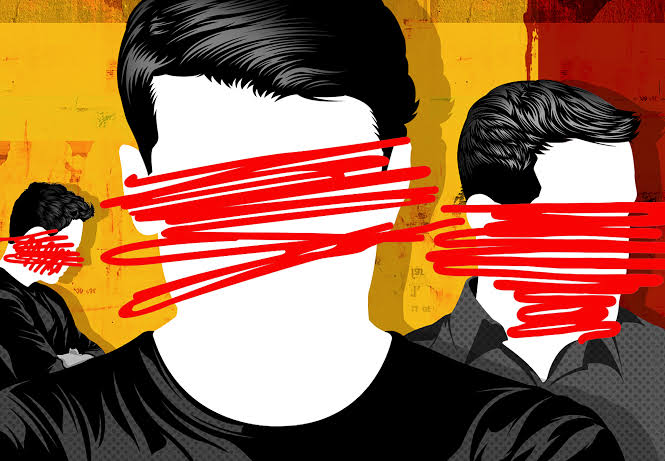
The year began like any other year, with New Year’s parties, exams, and ill-fated gym memberships. The Internet remained a valid, virtual alternative to the real world and its in-person interactions. Then came along a virus, and the lockdown that soon followed made the online world the only world. This provoked an exponential rise in people’s tempers online, and every disaster, scandal, or fight on the internet led the world of the world-wide-web into complete chaos.
In this chaos, there are no arguments; there are fights. There are no opinions; there are “facts”. There is no disproving of these “facts”; there is just dismissing it as fake news. How many times in the past six months have you read a news article which was disproved by another source in less than 24 hours?
Where do tolerance end and cancel-culture begin?
In an era where data is the biggest asset, we are all customers being sold to one or the other school of thought, typically one that ‘magically’ fits our pre-existing notions and beliefs (‘algorithm’ coincidentally also sounds like a spell from Harry Potter). Once trapped by the algorithm, you meet like-minded individuals, and the frank validation combined with the lack of any challenge to your thoughts is a heady combination.
This undiluted confidence empowers people to simply label and dismiss anybody and anything in their way. “Oh, you’re supporting the 9 PM 9-minute lights out thing? You’re a bhakt!”, “Oh, you think the government hasn’t handled the pandemic well? You’re a liberandu!”
With this immortal circus ensuing online, I have finally found the answer to the long unanswered paradox, “What happens when an unstoppable force meets an immovable object?”
The societal structure fails, the essence of journalism is lost, and the entropy of the world increases magnificently. The culmination of all of this?
The individual thought process of every person, one of the greatest gifts to humanity, becomes more relevant as a weapon, to be aimed with precision at whoever dare belong to a different school of thought. Opinions become too powerful a tool, and voicing them becomes a taboo.
To take my mind off of the headlines and fights, I started a blog about movies. As soon as my family heard, they advised against posting anything controversial or even remotely political. Movies like “My Name is Khan” or “Thackeray” were off-limits, and even paying tribute to Sushant Singh Rajput was out of the question- religion and politics are hot topics and I shouldn’t write about them, lest somebody gets offended.
There were times when I wonder why the online community follows the rules of extremes; one can either be completely silent or so passionately opinionated that disagreement feels riskier than expressing the opinion in the first place. This lockdown provided me with the answer, though. We are unknowingly pushed to the extremes, either by the fear of persecution or by an overdrive of emotions.
There is a thin line between placing an opinion on the table and shoving it down somebody’s throat, and this line is nothing but the essence of democracy, being trampled to death in the past year.
Written by Siddharth Dwivedi for MTTN
Edited by Mihika Antonia Dean for MTTN
Featured image by TIME
Artwork by Gulf News

Leave a Reply
You must be logged in to post a comment.